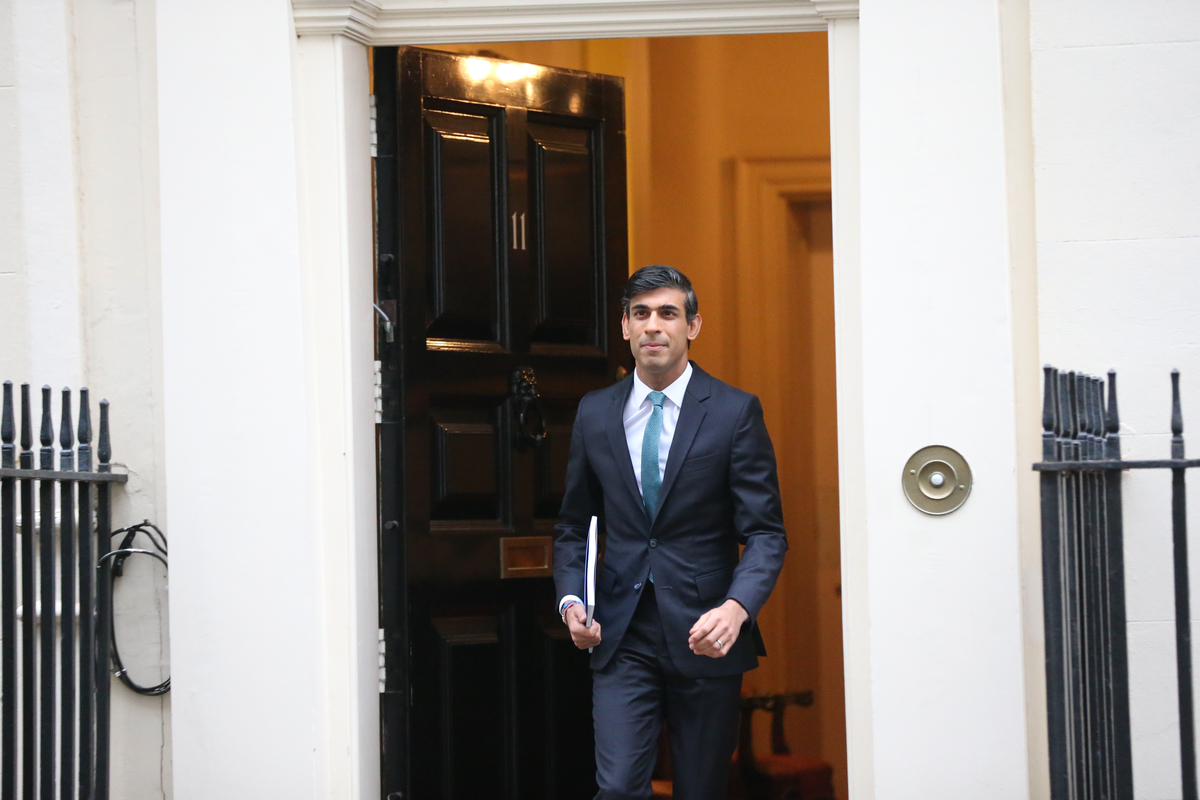Dear visitor,
You're reading 1 of your 3 free news articles this quarter
Register with us for free to get unlimited news, dedicated newsletters, and access to 5 exclusive Premium articles designed to help you stay in the know.
Join the UK's leading credit and lending community in less than 60 seconds.
Government’s recovery loan scheme extended
The government has announced plans to extend a programme of the state-backed recovery loan scheme, as part of the 2021 budget.

Senior Journalist, covering the Credit Strategy and Turnaround, Restructuring & Insolvency News brands.
The scheme, which was due to come to an end on 31 December, will now be extended for a further six months.
First launched back in March in order to “help businesses rebuild after the pandemic”, the programme allows firms to borrow as much as £10m, with the state backing 80% of the lending.
Commenting on this, fintech Nucleus Commercial Finance’s chief executive Chirag Shah said: “The extension of the recovery loan scheme will provide small and medium-sized enterprises (SMEs) with a lifeline, giving them the vital funds they need to recover from the effects of the pandemic and invest in their futures, while boosting national GDP.
“However, we all know that the scheme can’t go on forever, and as a result government and industry must work collaboratively to communicate the options available to SMEs over the short, medium and long term. The extension also arrives at a time when we expect significant changes across the lending industry.
“We’re likely to see the number of lenders reduce significantly, given that many have struggled to compete. However, this will create a more level playing field and those lenders who do survive will be more refined, have better access to capital, and will be able to help businesses achieve their goals.”
The chancellor also announced a new Charter for Budget Responsibility, which sets out two fiscal rules. First it underlines that public sector net debt, excluding the impact of the Bank of England as a percentage of GDP, must be falling.
Second, in normal times the state must only borrow to invest in future growth. Everyday spending must be raised through taxation.
He said: “Both rules must be met by the third year of every forecast period, giving us the flexibility to respond to crises while credibly keeping our public finances under control.”
Alongside this, the government has launched a UK-wide numeracy programme called Multiple. Investing £560m into the project, it’s designed to improve basic maths skills for individuals of all ages.
Sunak also confirmed the government would be retaining the bank surcharge of three percent, with the overall corporation tax paid by banks increasing in 2023, going from 27% to 28%.
Finally, the chancellor recommitted to its £5bn investment in “Project Gigabit”, designed to support the rollout to gigabit capable broadband.
Stay up-to-date with the latest articles from the Credit Strategy team
Get the latest industry news






